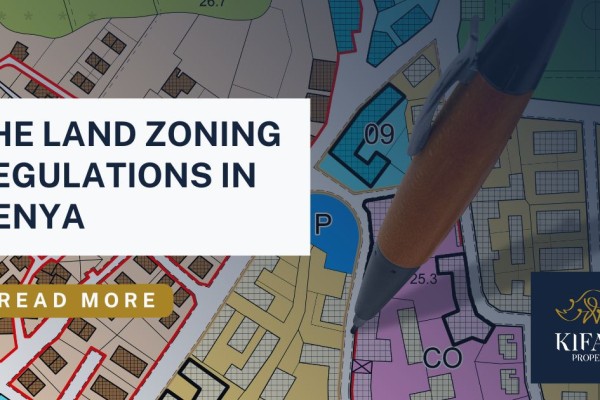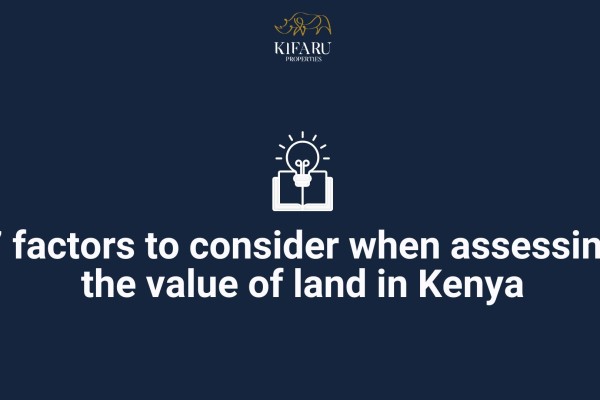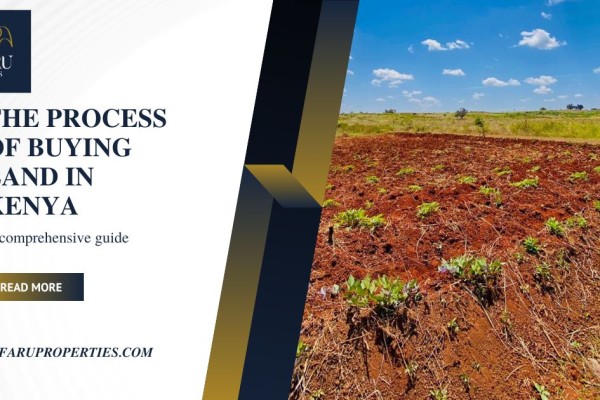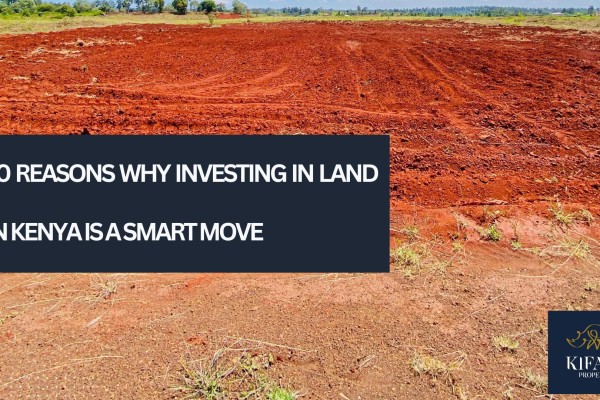- Jul 17, 2024
- Kifaru Meadows
- 1,061
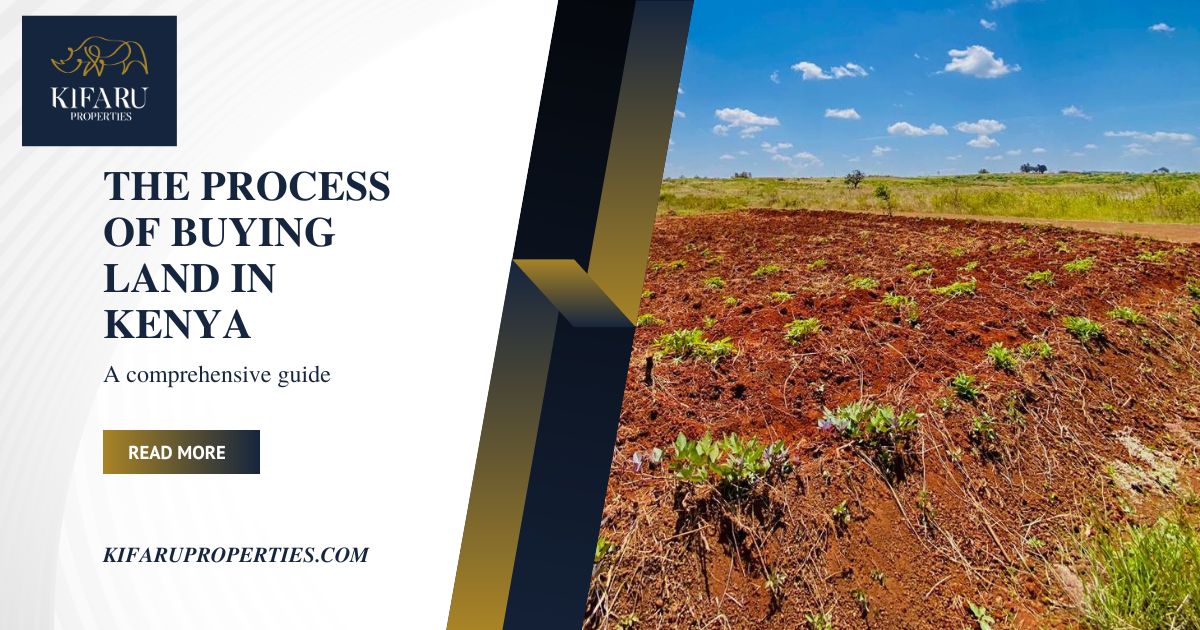
1. Identify the Land
The first step in buying land is identifying the parcel that meets your needs. Whether you’re looking for residential, commercial, or agricultural land, consider the location, size, and intended use. For instance, in areas like Ruiru, you can find 50 by 100 plots starting from Ksh 2.85 million, ideal for residential development.
2. Conduct Due Diligence
Once you identify a potential plot, conduct thorough due diligence to verify the land’s status. This involves:
Physical Inspection: Visit the site to ensure the land matches the description and check for any issues like squatting or boundary disputes.
Zoning and Planning Regulations: Verify the zoning regulations with the county government to ensure the land’s intended use is permissible.
3. Negotiate and Agree on Terms
Engage in negotiations with the seller to agree on the price and terms of sale. It’s advisable to have a written agreement outlining the agreed terms, including the purchase price, payment schedule, and any conditions precedent.
4. Engage Professionals
To facilitate a smooth transaction, engage the services of professionals, including:
Lawyer: A lawyer specializing in property law will help draft the Sale Agreement and ensure all legal requirements are met.
Surveyor: A licensed surveyor can confirm the land’s boundaries and provide a mutation form if subdivision is required.
Valuer: A professional valuer can accurately evaluate the land to ensure you’re paying a fair price.
5. Drafting and Signing the Sale Agreement
Your lawyer will draft a Sale Agreement, which both parties must sign. This document outlines the terms of the sale, including the purchase price, payment terms, and completion date. The buyer typically pays a deposit (usually 10% of the purchase price) upon signing this agreement.
6. Payment and Transfer of Title
The buyer then pays the remaining balance. The seller signs the transfer forms, which, along with the original title deed and other required documents, are lodged at the Ministry of Lands for registration.
7. Stamp Duty Payment
The buyer must pay stamp duty, typically 2% to 4% of the land’s value, depending on the location. After payment, the Ministry of Lands registers the transfer and issues a new title deed in the buyer’s name.
8. Finalizing the Process
After registration, the buyer should:
Collect the Title Deed: Retrieve the new title deed from the Ministry of Lands.
Update Records: Update records with relevant authorities, such as the local county government for property taxes.
Conclusion
The process of buying land in Kenya requires careful planning and adherence to legal procedures. By conducting thorough due diligence, engaging professionals, and following the outlined steps, buyers can ensure a secure and successful land acquisition. Whether investing in areas like Ruiru or other regions, understanding the process is key to making an informed and beneficial investment.
